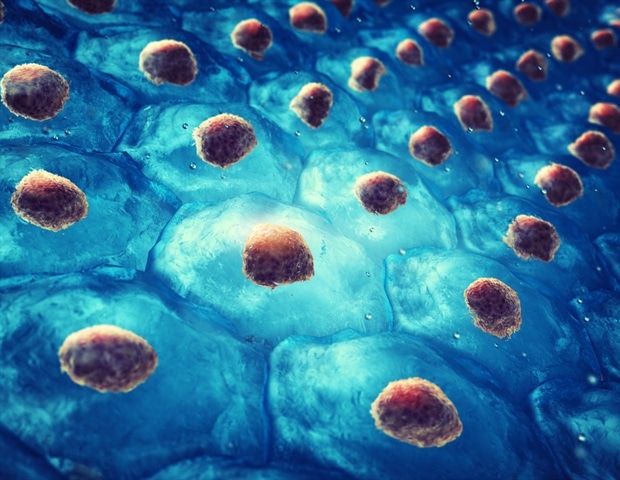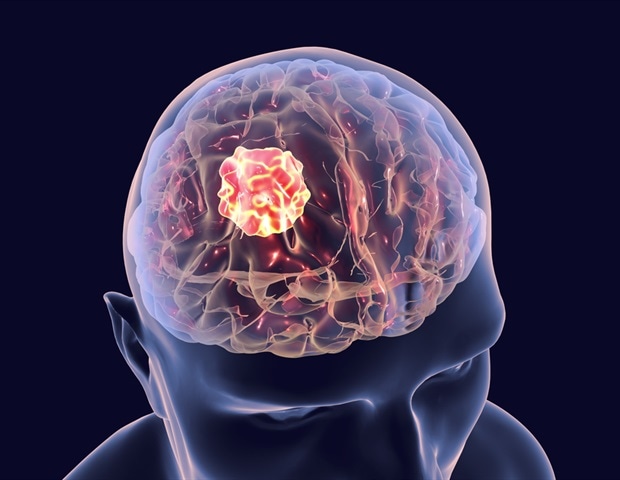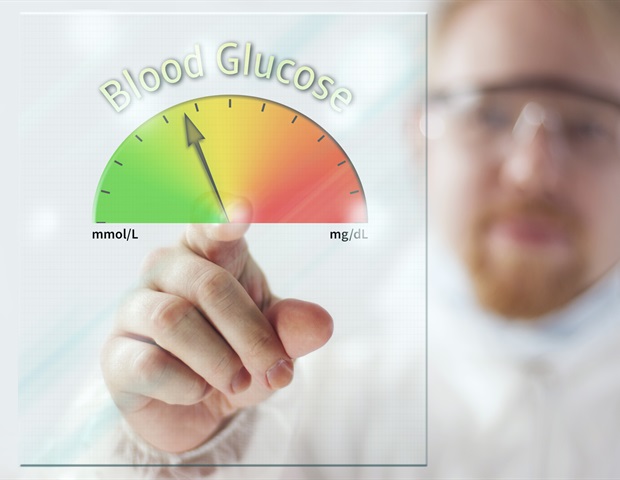By Cara Murez HealthDay Reporter
WEDNESDAY, June 1, 2022 (HealthDay News)
Not every woman is ready to become a mom in her late teens, 20s or even by her mid-30s, but a natural decline in fertility can make it more difficult to have a baby at age 40 and beyond.
Now, a new study shows that freezing eggs while younger is a largely successful option for many women who are fertile in their younger years but want to delay pregnancy for a while.
The researchers looked at success rates of using a woman’s own frozen eggs over 15 years. They found that about 70% of women who had eggs frozen when they were younger than 38, and thawed at least 20 of those eggs, later had a baby.
Not only that, but egg freezing and then thawing at a later date provided a higher pregnancy success rate than using fresh embryos with assisted reproductive technology.
“We’ve been very cautious and careful about publicizing the data because we want it to be the right story and the accurate story. And we want women to be informed,” said study author Dr. James Grifo, director of the division of reproductive endocrinology and infertility at the NYU Langone Fertility Center in New York City. “Essentially, yes, you can make the conclusion that if you freeze a batch of eggs at 30 and need IVF at 40, you have a better chance.”
Most previous research on the question of the chance of births from frozen eggs has been based on mathematical modeling, unlike this study which was based on clinical experience.
The study was conducted at NYU Langone Fertility Center, where the first baby born through egg freezing will soon turn 17.
Typically, younger women — and thus younger eggs — have higher pregnancy rates and lower miscarriage rates.
“We recognized that freezing eggs was a way that a young woman could put her eggs ‘on ice,'” said Grifo, who noted that earlier research included mouse models.
This study included 543 patients, average age 38, who had eggs removed and frozen. That is older than the optimal age of freezing eggs, which is prior to age 35.
The patients underwent 800 egg freezing cycles, 605 egg thaws and 436 embryo transfers using the eggs between 2005 and 2020.
Overall, 39% of the women aged 27 to 44 — with most aged 35 to 40 — when their eggs were frozen had at least one child from their frozen eggs, the investigators found. That is comparable to age-matched outcomes in IVF (in vitro fertilization).
Across all the different age ranges of the patients in the study, those who thawed 20 mature eggs had a 58% live birth rate, which the authors called “profound and unexpected,” considering that the women were past their reproductive prime.
Even 14 of the women who didn’t freeze their eggs until age 41 to 42 still later successfully had children from frozen eggs.
How long the eggs were stored did not seem to matter, the researchers noted.
The study also found that genetic screening of embryos from frozen eggs prior to implantation also resulted in lower miscarriage rates and higher numbers of live births.
In all, 211 babies were born from egg freezing during the study, which was published online recently in the journal Fertility and Sterility.
That’s compared to fewer than 30% becoming pregnant when using fresh eggs or embryos for women at age 40 undergoing IVF and fewer than 20% giving birth to live babies, according to statistics that the U.S. Centers for Disease Control and Prevention gathered at nearly 500 U.S. fertility clinics.
Frozen eggs work as well as frozen embryos, Grifo said.
While the study looked at women with a mean age of 38, now the mean age for freezing eggs at the fertility clinic has dropped in the past five years to 34. Grifo said he expects even better future outcomes.
The center is seeing triple the number of women freezing eggs in 2022 as compared to 2019.
Dr. Timothy Hickman is medical director at CCRM in Houston and the president for the Society of Assisted Reproductive Technology. He said, “I’m glad it was published because we’ve really needed data like this to see what the outcomes are for all these frozen eggs that we’ve been freezing for years and years.”

SLIDESHOW
Fertility Options: Types, Treatments, and Costs
See Slideshow
Though women have been freezing eggs for many years, the data has been slow to emerge, Hickman added.
“It’s hard to collect because there’s such a long time between when the eggs are frozen to when they’re actually thawed and used,” he explained.
“Anyone that’s interested in having a child at some time that is not ready to have one currently, then that’s typically the best type of patient that would approach this,” Hickman said. “Now, it’s usually best to do in your late 20s or early 30s, and usually not recommended if you get above age 38. But they here have had patients above age 38 in their late 30s, early 40s that have still used this and been able to have a child.”
Egg retrieval is not an inexpensive process. It is similar to egg retrieval for IVF, but instead of making embryos from the retrieved eggs, the eggs are frozen until a woman is ready and the doctors can make the embryos from selected sperm and the woman’s frozen eggs.
Grifo estimated that it costs approximately $15,000 to go through the process and about $1,000 a year to store the frozen eggs and more again when creating embryos using the frozen eggs.
Hickman noted that he has seen the rates at which insurance companies cover IVF grow substantially over time.
“Thankfully, we’ve seen that here in Houston, a whole bunch of corporations have been picking up IVF coverage and often increasing coverage for their employees, which we’re very happy about,” Hickman said.
Though freezing eggs appears to provide good outcomes for many, it’s still not a guarantee of pregnancy. Even if someone appears to be fertile in testing done at the time of retrieval, the only true test for fertility is to become pregnant and to carry a baby to term, Grifo noted.
More information
The U.S. Centers for Disease Control and Prevention has more on infertility and reproductive health.
SOURCES: James Grifo, MD, PhD, director, division of reproductive endocrinology and infertility, NYU Langone Fertility Center, New York City; Timothy Hickman, MD, medical director, CCRM, Houston, and president, Society of Assisted Reproductive Technology; Fertility and Sterility, May 18, 2022, online

Copyright © 2021 HealthDay. All rights reserved.








